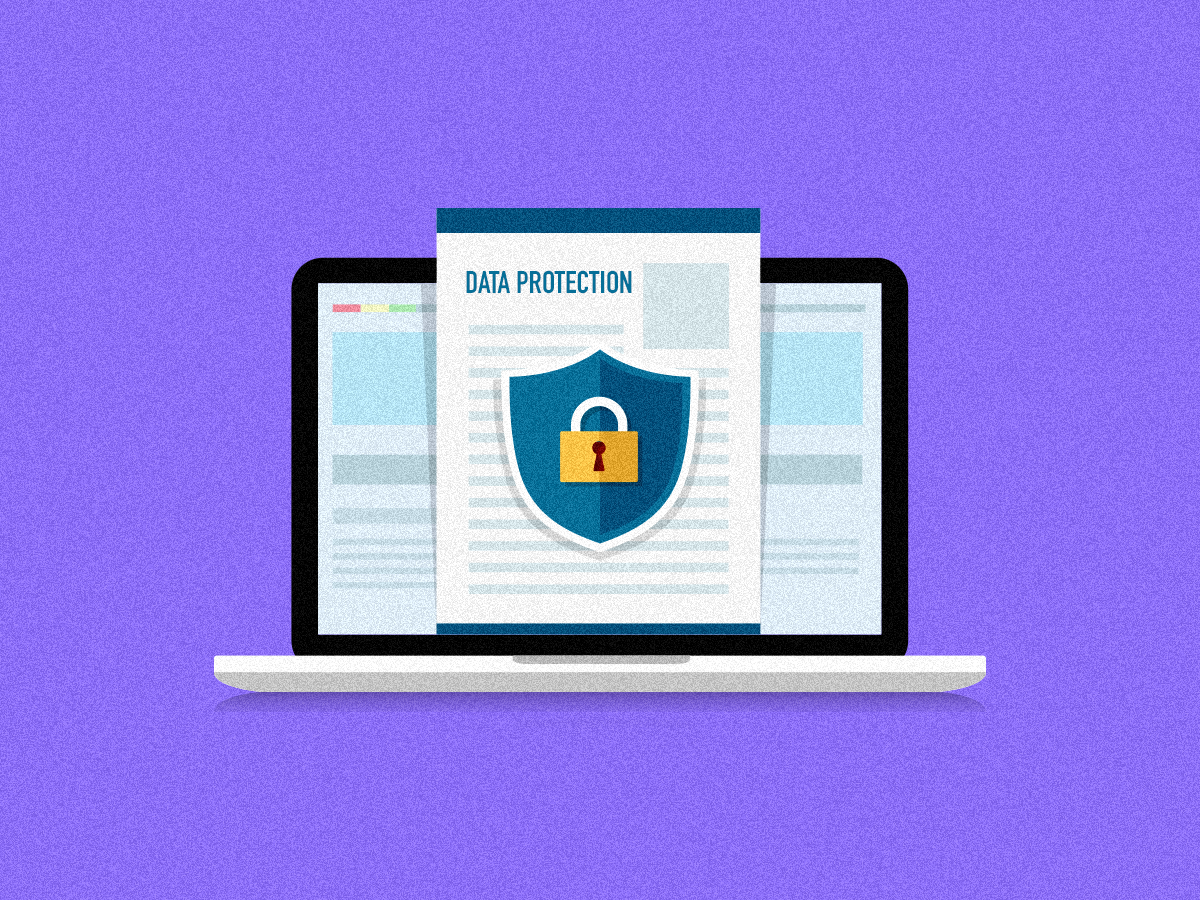Synopsis Companies will be required to obtain explicit parental consent before processing any data belonging to this user group. ETtech The decision by the Ministry of Electronics and Information Technology comes amid a sustained pushback from internet and social media intermediaries who have argued that keeping the age at 18 is not in line with global standards (Illustration: Rahul Awasthi) Anyone below the age of 18 has been defined as “children” in the upcoming Digital Personal Data Protection (DPDP) Bill. The government will "review” this definition one year after enactment of the Act, a senior official told ET.
“We spoke to several stakeholders before coming to this decision. While parents want the age to be kept at 18, children and other stakeholders want it lowered. But right now, the age cut-off will be 18.
We may lower it to say 16 a year after the (DPDP) Bill is in place,” the official added. Companies will be required to obtain explicit parental consent before processing any data belonging to this user group. “So, if these companies can assure us that they have put in place a proper framework which protects the data of children, prevents any kind of harm from reaching them and does not provide for any sort of targeted advertising, there is no reason why it cannot be lowered (to 16),” an official said.
The decision by the Ministry of Electronics and Information Technology comes amid a sustained pushback from internet and social media intermediaries who have argued that keeping the age at 18 is not in line with global standards. Companies such as Meta Inc , Google , Snap , and others, which have users below the age of 18, will have to seek explicit parental consent for processing any data. Discover the stories of your interest Blockchain 5 Stories Cyber-safety 7 Stories Fintech 9 Stories E-comm 9 Stories ML 8 Stories Edtech 6 Stories Sources in the IT ministry said any decision to lower the age of consent to 16 a year after the DPDP Bill is enacted will be the government’s way of reassuring companies in the ed-tech and other children-content related space.
These companies, sources said, have urged the government to lower the age since much of their educational and informative content is targeted at children. Apart from retaining the current definition, the draft DPDP Bill proposes that companies that deal in such data groups will not process data in any way that harms children. Further, it proposes that data fiduciaries “shall not undertake tracking or behavioural monitoring of children or targeted advertising directed at children”.
The obligations prescribed in the draft Bill are a departure from similar norms around the world. For example, the United States (US) and the European Union (EU) recognise varying levels of maturity of young adults and teenagers while prescribing the age of consent and the rules for data processing. While the US, under the Children’s Online Privacy Protection Act (COPA), prohibits processing data of children below the age of 13, the EU’s General Data Protection Regulation (GDPR) has varied norms for consent between the ages of 13 and 16, depending on the age group adopted by each member state within the Union.
Don’t miss out on ET Prime stories! Get your daily dose of business updates on WhatsApp. click here! Wednesday, 22 Feb, 2023 Experience Your Economic Times Newspaper, The Digital Way! Read Complete Print Edition » Front Page Pure Politics Brands & Companies Economy More On the Podium: Chartbuster Growth, Pandemic Heroes Bharti Enterprises chairman Sunil Bharti Mittal chosen as Business Leader of the Year, ICICI Bank as Company of the Year and health minister Mansukh Mandaviya as Business Reformer of the Year Sebi Seeks Details onRatings of Adani Cos’ Loans and Securities The Indian capital markets regulator has sought details of all ratings of local loans and securities of Adani group companies from credit rating firms. ‘Growth may have Come Down to About 5% in Q3’ India’s economic growth likely slumped to a median 5.
0% in the third quarter, its lowest this fiscal year, according to an ET poll of 11 economists. Forecasts ranged from 4. 3% to 5.
2%. An adverse base effect and mixed economic performance dragged growth down from 6. 3% in the second quarter, according to them.
Read More News on new data bill minor age data bill age bata bill parental consent meta inc google snap children’s online privacy protection act General Data Protection Regulation digital personal data protection bill Stay on top of technology and startup news that matters. Subscribe to our daily newsletter for the latest and must-read tech news, delivered straight to your inbox. .
. . more less ETPrime stories of the day Real Estate Interest rates are rising, so are rental yields.
Is it the right time to invest in property? 8 mins read 3 insights to kick-start your day, featuring Swiggy’s “poor judgement” 3 mins read Strategy Stock Radar: Technical charts suggest HDFC Bank is likely to hit fresh record highs in next 3-6 months; time to buy? 3 mins read Subscribe to ETPrime.

